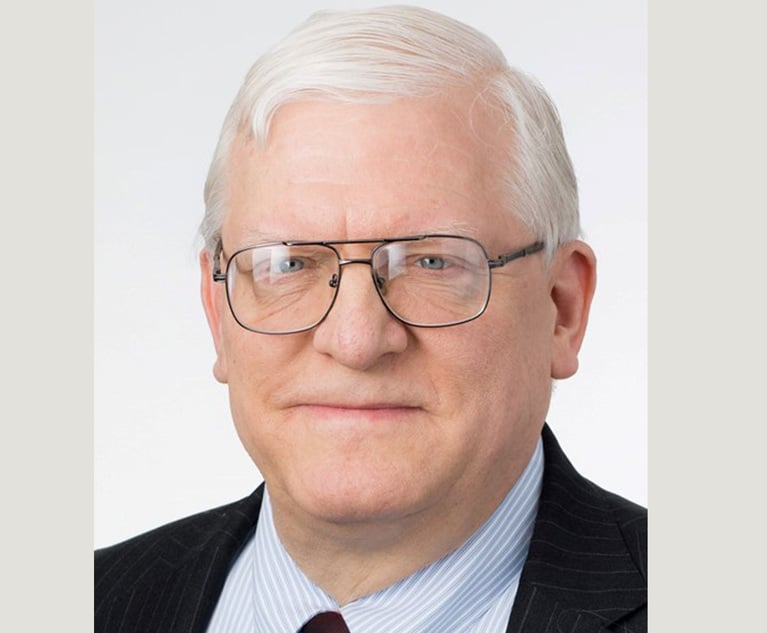On Oct. 29, Facebook and WhatsApp filed suit in the U.S. District Court for the Northern District of California against NSO Group Technologies, Inc. (NSO) and its majority shareholder, Q Cyber Technologies, both Israeli companies. The complaint alleged that Facebook acquired WhatsApp and acted as its “service provider for security-related issues,” and that “in and around April and May 2019,” the defendants “used WhatsApp servers, located in the United States and elsewhere, to send malware to approximately 1,400 mobile phones and devices (target devices), which “malware was designed to infect the target devices for the purpose of conducting surveillance of specific WhatsApp users (target users).” When the defendants recognized that they were unable “to break WhatsApp’s end-to-end encryption,” they “developed their malware in order to access messages and other communications after they were decrypted on target devices. The defendants’ actions were not authorized by the plaintiffs and were in violation of WhatsApp’s terms of service. In May 2019, the plaintiffs detected and stopped the defendants’ unauthorized access and abuse of the WhatsApp service and computers.” The complaint alleged that such actions violated the Computer Fraud and Abuse Act, 18 U.S.C. Section 1030 and related state laws, and sought an injunction as well as damages.
The technology involved in the claimed malware attacks is fascinating, as are the potential consequences arising from the use of this malware should ostensibly private communications regarding defense, business and financial transactions (the latter at both the personal and business levels), personal relationships, political thoughts and actions, i.e., virtually everything discussed or transacted via digital communications. What may be the most fascinating aspect of this complaint, however, is not stated directly in the complaint but has been discussed elsewhere: the defendants are Israeli companies whose clients are restricted to countries, meaning that the defendants’ actions would be foreign policy steps taken by those countries. In this month’s article, I will discuss the claimed attacks and potential political consequences of the complaint.
NSO, Its Product and Its Clients
This content has been archived. It is available through our partners, LexisNexis® and Bloomberg Law.
To view this content, please continue to their sites.
Not a Lexis Subscriber?
Subscribe Now
Not a Bloomberg Law Subscriber?
Subscribe Now
LexisNexis® and Bloomberg Law are third party online distributors of the broad collection of current and archived versions of ALM's legal news publications. LexisNexis® and Bloomberg Law customers are able to access and use ALM's content, including content from the National Law Journal, The American Lawyer, Legaltech News, The New York Law Journal, and Corporate Counsel, as well as other sources of legal information.
For questions call 1-877-256-2472 or contact us at [email protected]


 Leonard Deutchman
Leonard Deutchman




